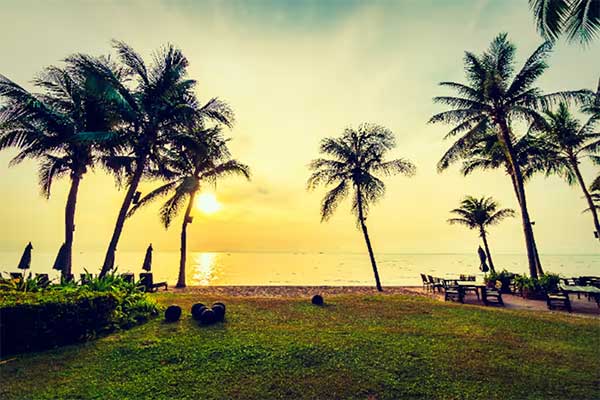Historical Importance

Kerala holds significant historical importance due to its rich heritage, cultural diversity, and contributions to trade, literature, and civilization. Here's some historical information for travelers visiting Kerala
Historical Importance
1. Ancient Civilization
Kerala has a history dating back over 5,000 years, with archaeological evidence indicating the presence of ancient civilizations such as the Indus Valley Civilization and megalithic cultures.
2. Trade Routes
Kerala's strategic location along the spice trade routes attracted traders from ancient civilizations such as the Greeks, Romans, Arabs, Chinese, and Europeans. The region became known as the "Spice Garden of India" and played a pivotal role in the global spice trade.
3. Colonial Influence
Kerala was colonized by various European powers, including the Portuguese, Dutch, and British, who established trading posts and exerted influence over the region. This colonial legacy is evident in Kerala's architecture, cuisine, and cultural traditions.
4. Cultural Crossroads
Kerala's history is marked by the convergence of diverse cultures, religions, and languages, including Hinduism, Islam, Christianity, and Judaism. This cultural diversity is reflected in Kerala's festivals, art forms, and religious practices.
5. Literary Heritage
Kerala boasts a rich literary tradition dating back to ancient times, with contributions in various languages such as Malayalam, Sanskrit, Tamil, and Arabic. The region is renowned for its classical literature, poetry, and folk tales.
Information for Travelers
1. Historical Sites
Explore Kerala's historical sites, including forts, palaces, temples, churches, and archaeological sites, which offer insights into the region's past. Must-visit attractions include the Mattancherry Palace, Fort Kochi, Bekal Fort, and Padmanabhapuram Palace.
2. Museums and Heritage Centers
Visit museums and heritage centers across Kerala to learn about its history, culture, and heritage. The Kerala History Museum in Kochi, Napier Museum in Thiruvananthapuram, and Arakkal Museum in Kannur are worth exploring.
3. Cultural Festivals
Experience Kerala's vibrant cultural festivals, which showcase traditional music, dance, art, and cuisine. Attend festivals such as Onam, Thrissur Pooram, Theyyam, and Kathakali performances to immerse yourself in Kerala's cultural heritage.
4. Backwater Cruises
Embark on a backwater cruise along Kerala's serene waterways to witness traditional village life, ancient temples, and historic landmarks along the way. Alleppey, Kumarakom, and Kollam are popular destinations for backwater tourism.
5. Ayurvedic Heritage
Discover Kerala's Ayurvedic heritage by indulging in rejuvenating Ayurvedic treatments, therapies, and wellness retreats. Experience traditional Ayurvedic massages, herbal remedies, and yoga practices to rejuvenate your mind, body, and soul.
6. Local Cuisine
Sample Kerala's diverse cuisine, influenced by its historical trade connections and cultural diversity. Enjoy traditional dishes such as appam, puttu, seafood curries, and banana leaf meals to savor the flavors of Kerala's culinary heritage.
7. Responsible Tourism
Respect Kerala's cultural heritage, natural environment, and local communities by practicing responsible tourism. Support sustainable tourism initiatives, conserve natural resources, and engage with local artisans and craftsmen to promote cultural preservation.
By exploring Kerala's historical sites, cultural heritage, and traditional practices, travelers can gain a deeper appreciation for the region's rich history and cultural diversity while enjoying a memorable and enriching travel experience.
Would you find this information useful? Please Share & Support
Like us on Facebook for all the latest recipes